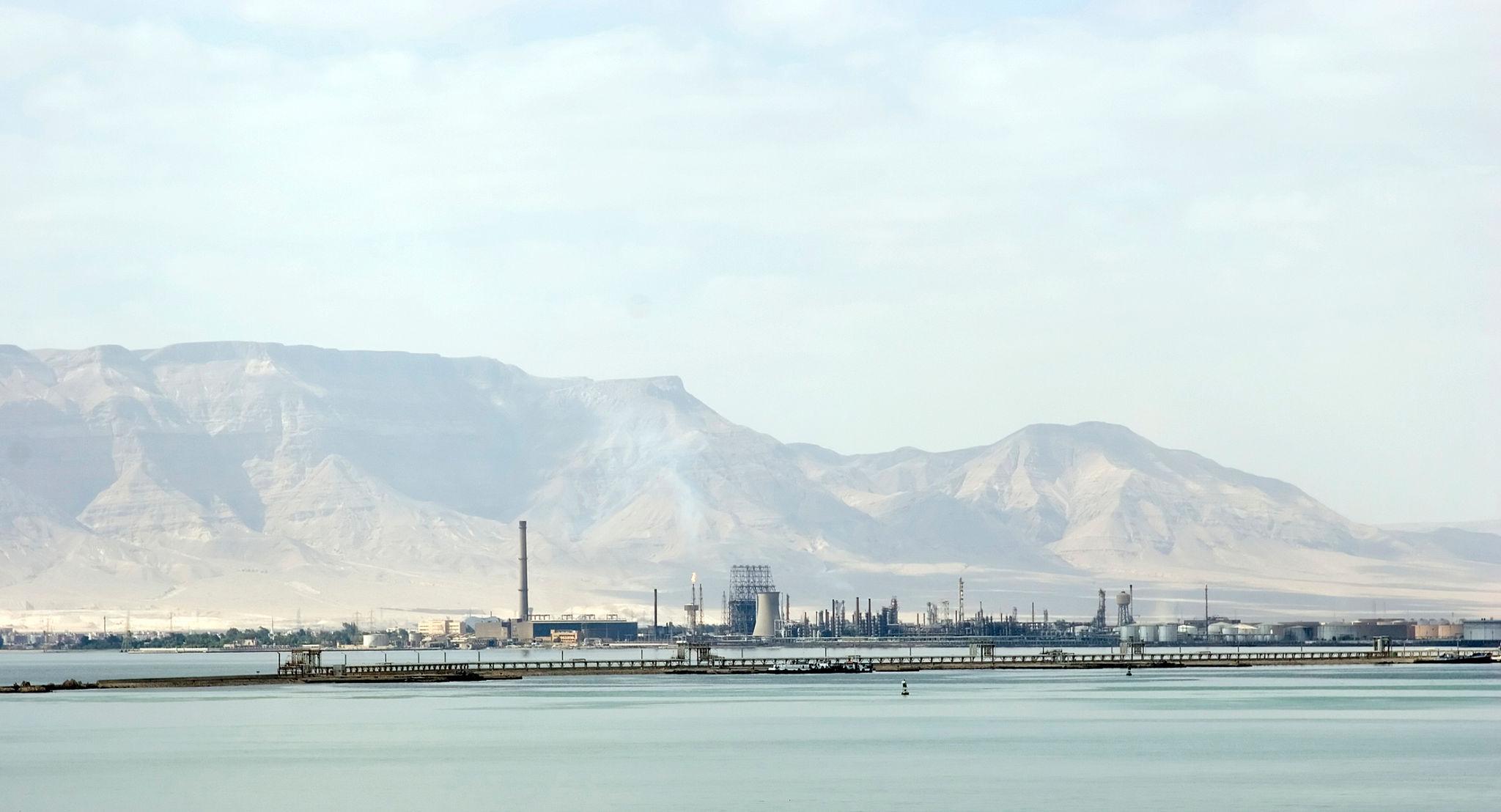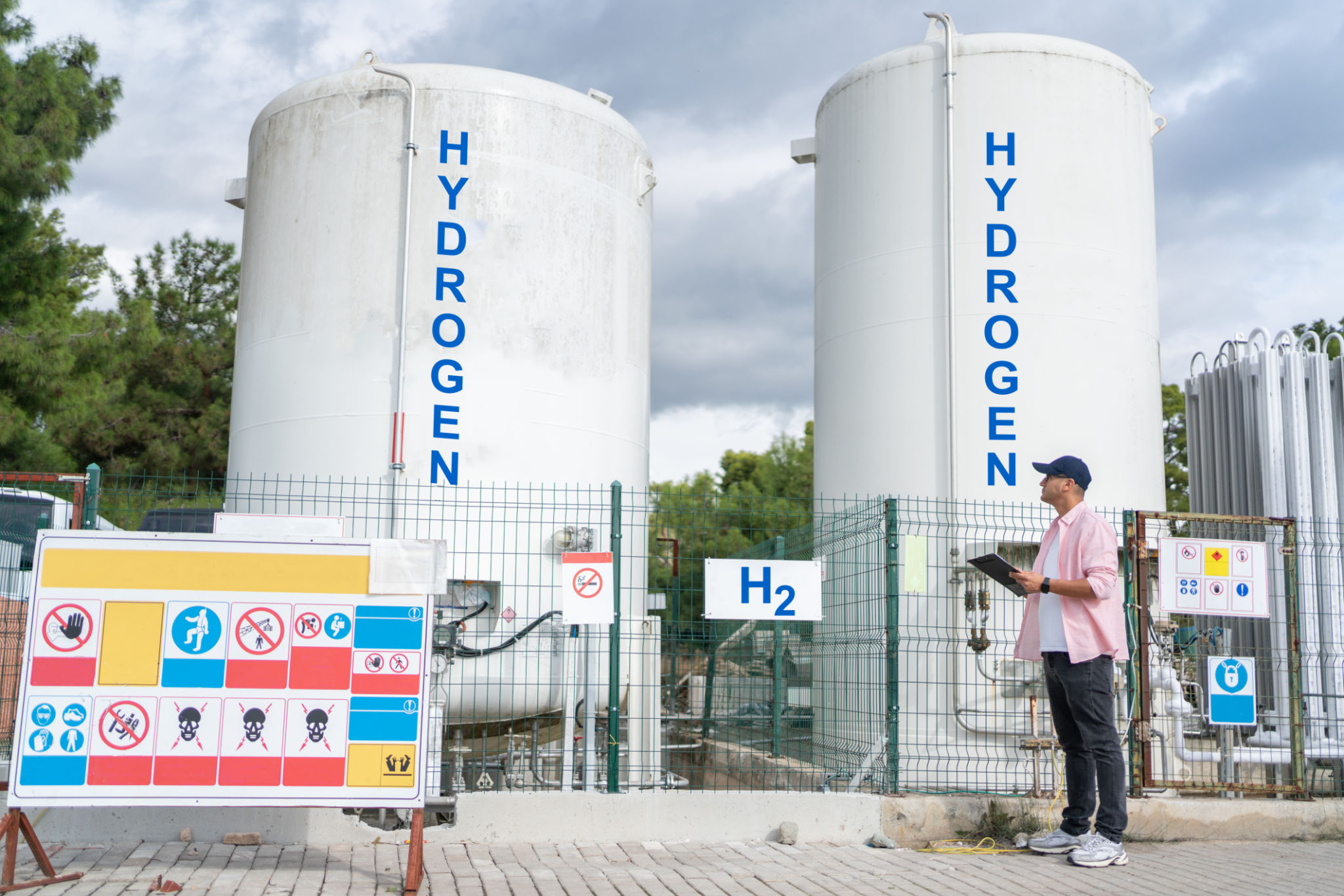Understanding the Global Urea Export Market and How Egypt Fits In
Introduction to the Global Urea Export Market
The global urea export market is a dynamic and essential component of the agricultural and industrial sectors. Urea, a nitrogen-rich compound, is a key ingredient in fertilizers, which are crucial for enhancing crop yields and supporting global food production. Understanding the intricacies of this market is vital for stakeholders aiming to optimize their strategies and investments.

Key Players in the Urea Market
The urea market is dominated by several major players across the globe. Countries such as China, India, Russia, and Qatar are significant producers and exporters of urea. These countries have developed extensive infrastructure and capacities to meet both domestic and international demand, positioning themselves as leaders in the industry.
China, being one of the largest producers, largely caters to its domestic needs but still holds a considerable share in exports. Meanwhile, Russia and Qatar have leveraged their abundant natural gas reserves to produce urea efficiently and cost-effectively, making them strong contenders in the global market.
Egypt's Role in Urea Exports
Egypt has emerged as a noteworthy player in the global urea export market. With its strategic location and access to the Mediterranean Sea, Egypt serves as a crucial transit point for exports to Europe and other regions. The country has invested in expanding its production capacity to increase its influence in the market.

Factors Influencing Urea Production in Egypt
A combination of factors contributes to Egypt's growing role in the urea market. The availability of natural gas resources is a significant advantage, as it is a primary raw material for urea production. Additionally, governmental support and investments in infrastructure have bolstered the country's ability to scale up production.
Furthermore, Egypt's proximity to major agricultural markets allows for efficient distribution, reducing transportation costs and enhancing competitive pricing.
Challenges Facing the Egyptian Urea Industry
Despite its advantages, Egypt faces challenges in the urea export market. Fluctuations in natural gas prices can impact production costs, while political instability might affect investor confidence. Moreover, competition from established players like China and Russia requires continuous innovation and efficiency improvements.

Sustainability and Environmental Considerations
The global push towards sustainable practices has also influenced the urea market. As environmental concerns rise, there is increasing pressure on producers to adopt eco-friendly practices. Egypt must navigate these challenges by investing in sustainable technologies and reducing its carbon footprint to remain competitive on the global stage.
Future Prospects and Strategies
The future of Egypt's urea export market looks promising if the country continues to capitalize on its strengths while addressing existing challenges. Strategies such as diversifying markets, improving technological capabilities, and forming strategic alliances can enhance Egypt's position in the global arena.
Moreover, embracing digitalization and innovation can lead to more efficient production processes, further reducing costs and improving competitiveness.
Conclusion
Understanding the global urea export market reveals the complexities and opportunities within this essential industry. As Egypt strengthens its role as a key player, strategic investments and sustainable practices will be crucial for maintaining growth and competitiveness. By navigating challenges wisely, Egypt can continue to expand its footprint in the global urea market.
